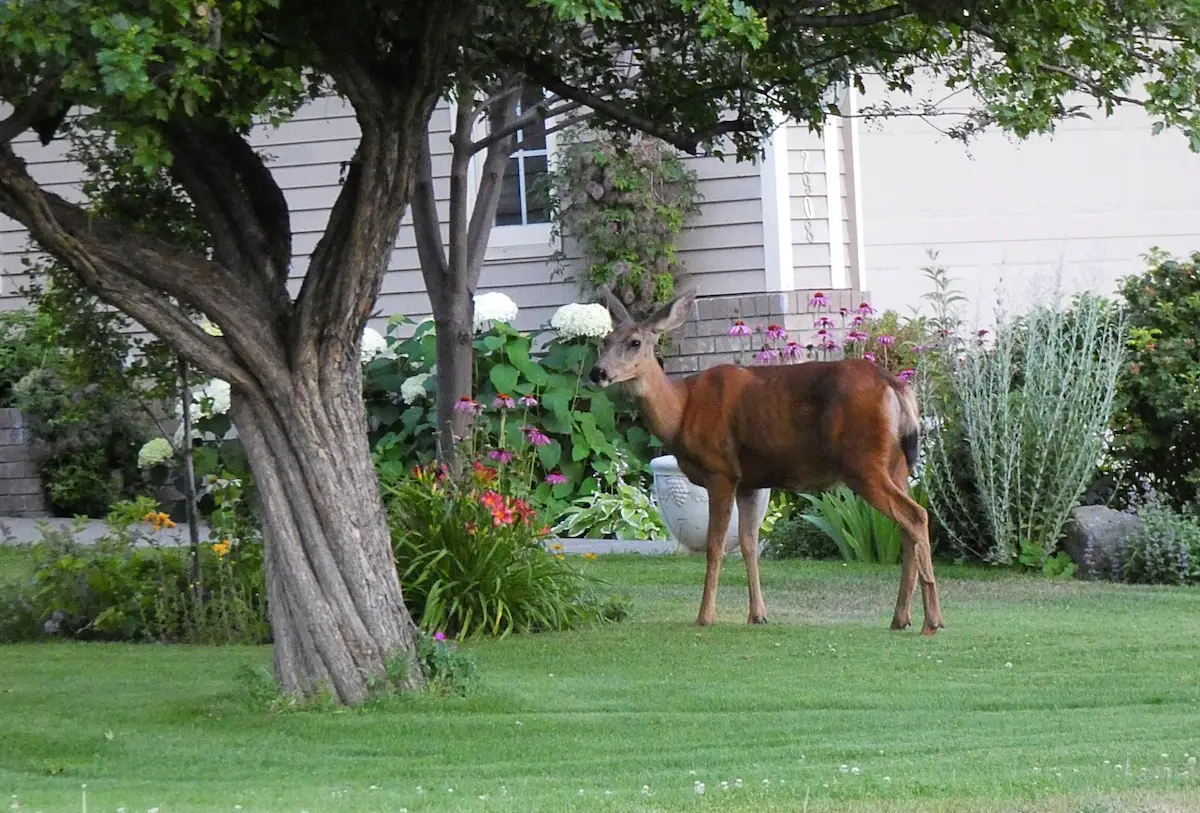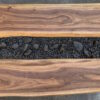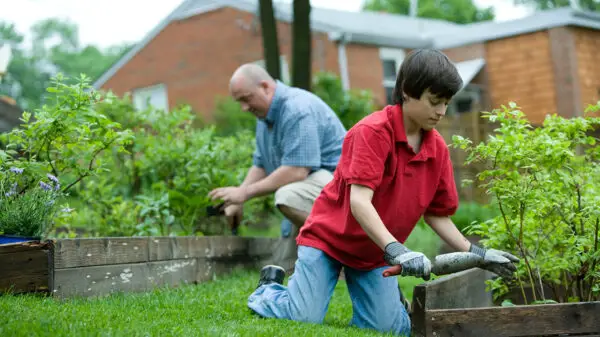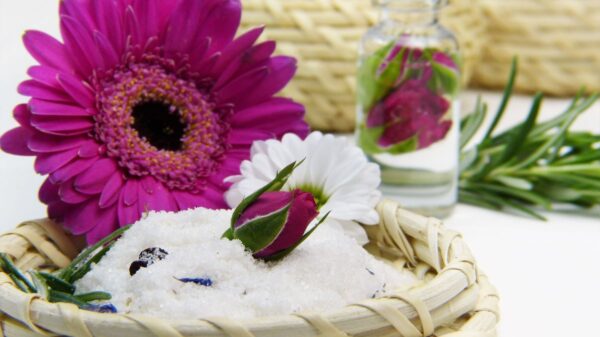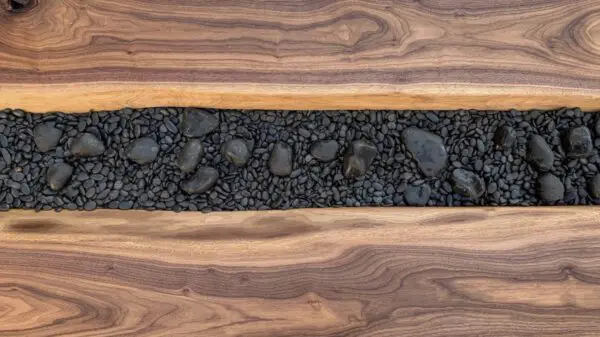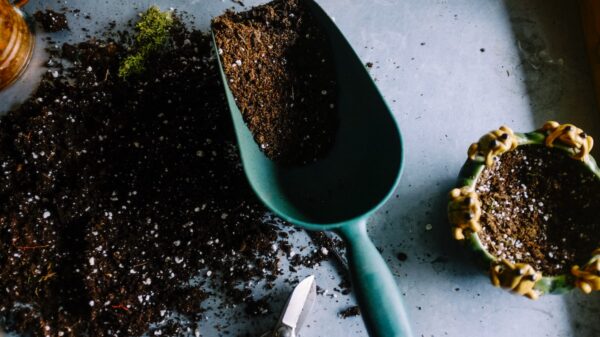DIY Methods for Keeping Deer Out of Your Garden
If you’re a gardener, chances are you’ve had to deal with pesky deer wreaking havoc in your garden. Deer can cause significant damage to plants and vegetables, not just from eating them but also from trampling them. This can be incredibly frustrating and disheartening, especially if you’ve devoted time and energy to cultivating your garden. So, what are some home remedies to keep deer out of your garden?
While there are many solutions to preventing deer from entering your garden, some of the most effective include deer repellants, deer fences, and motion-activated lights.
In this article, we will discuss what attracts deer to your garden, why some people experience more issues with deer than others, home remedies to prevent deer in the garden, any positives of having deer in your garden, and when it’s time to consult a professional.
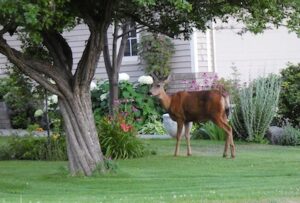
What Attracts Deer To Your Garden?
Deer are naturally drawn towards gardens because they contain natural sources of food and provide them with protection. Fruits, vegetables, flowers, and herbs attract deer due to their sweet scent and flavor.
Additionally, dense foliage or shrubbery can give them shelter which is especially appealing during winter months. If you have bird feeders in your yard that produce seeds or nuts they’re also likely drawing in the deer as well.
Why Do Some People Experience More Issues With Deer Than Others?
If deer are present in your area, chances are you’ll eventually experience issues with them. However, if the deer population is high and food sources are scarce they may begin to explore new areas, including your garden.
Additionally, some gardens can be more appealing to deer than others due to the plants that have been planted or lack of protection such as fences or repellent sprays.
This means that even if you live in an area with a low deer population, you could still experience problems if your garden is particularly inviting for them.
Where Are Deer Most Prevalent?
Deer populations in the United States are highest in the Northeast, Midwest, and West. The states with the highest populations of deer include Wisconsin, Minnesota, Michigan, Pennsylvania, Ohio, and New York.
However, their range is growing and they can now be found all over the country.
Home Remedies To Prevent Deer In The Garden
To deter deer from entering your garden, it’s important to create a space that is less desirable for them. You can use several DIY methods such as planting deer-resistant plants (such as lavender or mint), using scented soaps or oils around the perimeter of your garden, and installing motion-activated lights.
Planting Deer Resistant Plants
Deer prefer certain types of plants over others. By planting deer-resistant varieties such as lavender, mint, and rosemary in your garden you can reduce the chances of them entering your yard.
Additionally, using plants with strong smells or textures can make the area less desirable for deer to explore.
Using Scented Soaps Or Oils Around The Perimeter Of Your Garden
Another DIY method to keep deer away is by using scented soaps or oils around the perimeter of your garden. This helps create a barrier that repels the animals due to their sensitive sense of smell.
You can also use predator urine (such as coyote urine) which has been found to be effective at deterring deer since they’re scared of predators in their environment.
Install a Physical Barrier
If possible, establish a physical barrier between your garden and the deer by fencing in your yard with at least 6-foot high fence posts. Make sure to seal any potential entry points as deer are capable of jumping high distances.
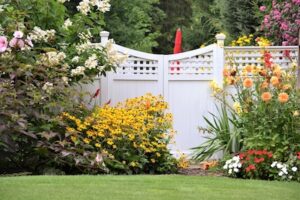
Use Motion-Activated Lights
Motion-activated lights can be a great way to scare away deer and other animals that may try to enter your garden. The sudden burst of light when they pass by will startle them and make the space less desirable for them to explore.
In addition to these home remedies, there are commercially available repellents you can spray around the perimeter of your property. These typically contain ingredients such as garlic oil or predator urine which make the area smell unappealing to deer.
Alternative Ways to Prevent Deer in Your Garden
While some people may enjoy having deer in their gardens, others may find it disruptive. If you’re looking for a more permanent solution to keep deer away from your garden, there are several alternatives available.
One option is to install motion-activated sprinklers that spray water whenever they detect movement. This will scare the deer away and make the area less desirable.
Another alternative is to use ultrasonic repellents which emit high-frequency sound waves that irritate deer and other animals but are inaudible to humans.
Planting a Deer-Resistant Garden
In addition to using home remedies and alternative methods, you can also design your garden to be deer-resistant. This means planting plants that are aversive to deer such as lavender, rosemary, mint, or garlic.
You should also minimize the amount of open space in your yard where deer could potentially wander through by planting shrubs and trees to create barriers.
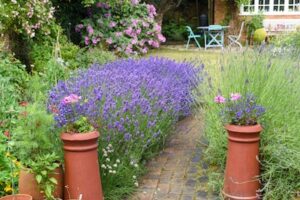
Are There Any Positives To Having Deer In Your Garden?
Although deer can be destructive to gardens, they can also provide a unique opportunity for nature lovers to observe them from a safe distance.
If you have the proper protection and prevention methods in place, you’ll be able to enjoy watching deer in your garden without worrying about them destroying your plants.
Additionally, deer can be beneficial to gardens since they eat insects that could otherwise damage your plants. Another positive aspect is that deer droppings can be used as a natural fertilizer.
Can You Feed Deer Away From Garden to Prevent Damage?
While it may seem like a good idea to feed deer away from your garden, this can actually do more harm than good.
Feeding deer in one area can lead to them congregating and becoming accustomed to the food source. This will cause them to become bolder and take more risks when scavenging for food, which could end up causing damage to your garden if they stray too close.
When To Consult A Professional To Prevent Deer In Your Garden
If DIY methods aren’t working or if deer continue to cause significant damage to your garden, it may be time to contact a professional who specializes in dealing with these types of pests.
They will be able to provide advice on more advanced strategies such as installing fences, setting up motion-activated lights, and creating an effective repellent system.
If you find yourself needing professional help in this area, consider first reaching out to your local garden center or wildlife control center for assistance.
Can Deer Prevention Methods Prevent Other Creatures?
In addition to deer, most of the prevention methods discussed can keep smaller pests out as well. This includes other creatures such as rabbits, raccoons, and squirrels.
By creating a space that’s less desirable for these animals to explore you’ll be able to keep your garden safe from any potential pests.
Should You Use Chemicals to Repel Deer?
It’s important to note that while there are chemicals available that can help repel deer, they should be used with caution.
These chemicals can be toxic to other animals and plants, so it’s best to consult a professional before using any of these products in your garden.
Are Deer More Attracted to Vegetable Gardens or Other Landscaping?
Deer are naturally drawn to vegetable gardens but may also be found in other areas of your garden. Deer love lush, green grass which can be found in almost any yard, so they’re likely to wander into any area that provides them with easy access to food and shelter.
Final Thoughts
Overall, having deer in your garden can be a unique experience if you take the proper precautions to protect your plants and as long as you follow home remedies to prevent them from entering.
By taking the necessary steps outlined above, you’ll be able to enjoy watching deer while keeping your garden safe.
Related Questions
What animal is most damaging to gardens?
The most common animals that are damaging to gardens include deer, rabbits, raccoons, and squirrels.
What plants can repel deer?
Certain plants such as lavender, marigolds, and chrysanthemums have been known to naturally repel deer. Additionally, garlic oil and predator urine have also been found to act as natural repellents.
Are deer afraid of dogs?
Yes, deer are typically afraid of dogs since they are natural predators. Having a dog in the yard can help to deter deer from entering your garden.
Can you use mothballs to keep deer away?
Mothballs have been known to be an effective repellent for some animals but it’s not recommended as a long-term solution due to the potential toxicity of the chemicals. Instead, opt for other home remedies or contact a professional if necessary.
Will a barrier of soap or garlic keep out deer?
While some people have had success with using soap and garlic as a barrier to keep out deer, it is not recommended. These items can be washed away by rain or snow and may need to be regularly replaced to remain effective.


